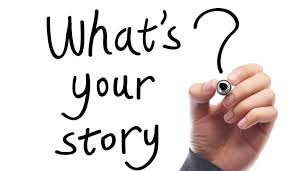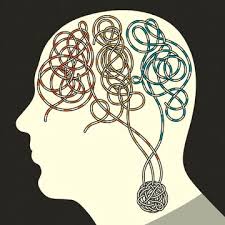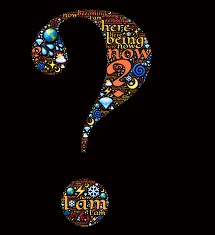May 14, 2018

“stories are not just stories. They teach us what is real, what is valuable and what is possible. Without stories there is no way to engage with the world because there is no world, and no one to engage with it because there is no self.” ……… David Loy
Buddhist psychology teaches that we must differentiate between the stories that we tell and the direct experience of life. Thus, in mindfulness practice, the first step in working with the storytelling mind is to notice the endless stream of thoughts and commentary that accompanies our experience. We must not identify, it is taught, with story-teller mind.
Accordingly, the question “what story am I believing now?” is a useful inquiry. In the very act of asking this question, we have already taken a stance of observation which changes the way that we are relating to our narratives. This inquiry invites disidentification from belief: it creates space in which we can reflect upon what we may previously have assumed to be true.
However, not all stories in the mind are created equal. While our narratives may reinforce emotional patterns in the mind which are dysfunctional and which have the effect of keeping us stuck in old ways of being, others, in contrast, illuminate where we have been stuck and in doing so may open the possibility of transformative change.
Particular narrative themes hold important clues as to the unresolved emotions that has been stimulated in the mind. Some stories in the mind are conscious: they are associated with explicit stories, thoughts or images that occur in the course of daily life and/or during sitting meditation. However, other narratives are quite unconscious. They might escape our notice entirely were it not for the presence of painful affect that is associated with them!
Even when a narrative theme is quite conscious, its meaning is often poorly understood. At the very least, there are usually blind spots in what someone can see of the mental structure that underlies problems. Whether understood or not, our mental narratives reveal what needs to be “worked through” psychologically.
It is true that sometimes we may need to “let go” of a particular story, hold it more lightly, or make it not so significant. But at other times, we may need to delve into the story: reflect on it more deeply, think about why we are so invested in believing it, and understand why we may have told it. This is wise relationship to narrative.


 Communication is a mutual act; it takes two to communicate, one to speak and the other to listen. As Henry David Thoreau once said, “the greatest compliment that was ever paid me was when someone asked me what I thought and attended to my answer”.
Communication is a mutual act; it takes two to communicate, one to speak and the other to listen. As Henry David Thoreau once said, “the greatest compliment that was ever paid me was when someone asked me what I thought and attended to my answer”.




 Because psychological wounds are fundamentally relational wounds, relationship is also a natural path of healing. By inquiring deeply into the upsets that occur for us in relationship, it becomes possible to begin to understand what is wounded, missing, or dysfunctional in us.
Because psychological wounds are fundamentally relational wounds, relationship is also a natural path of healing. By inquiring deeply into the upsets that occur for us in relationship, it becomes possible to begin to understand what is wounded, missing, or dysfunctional in us. 
